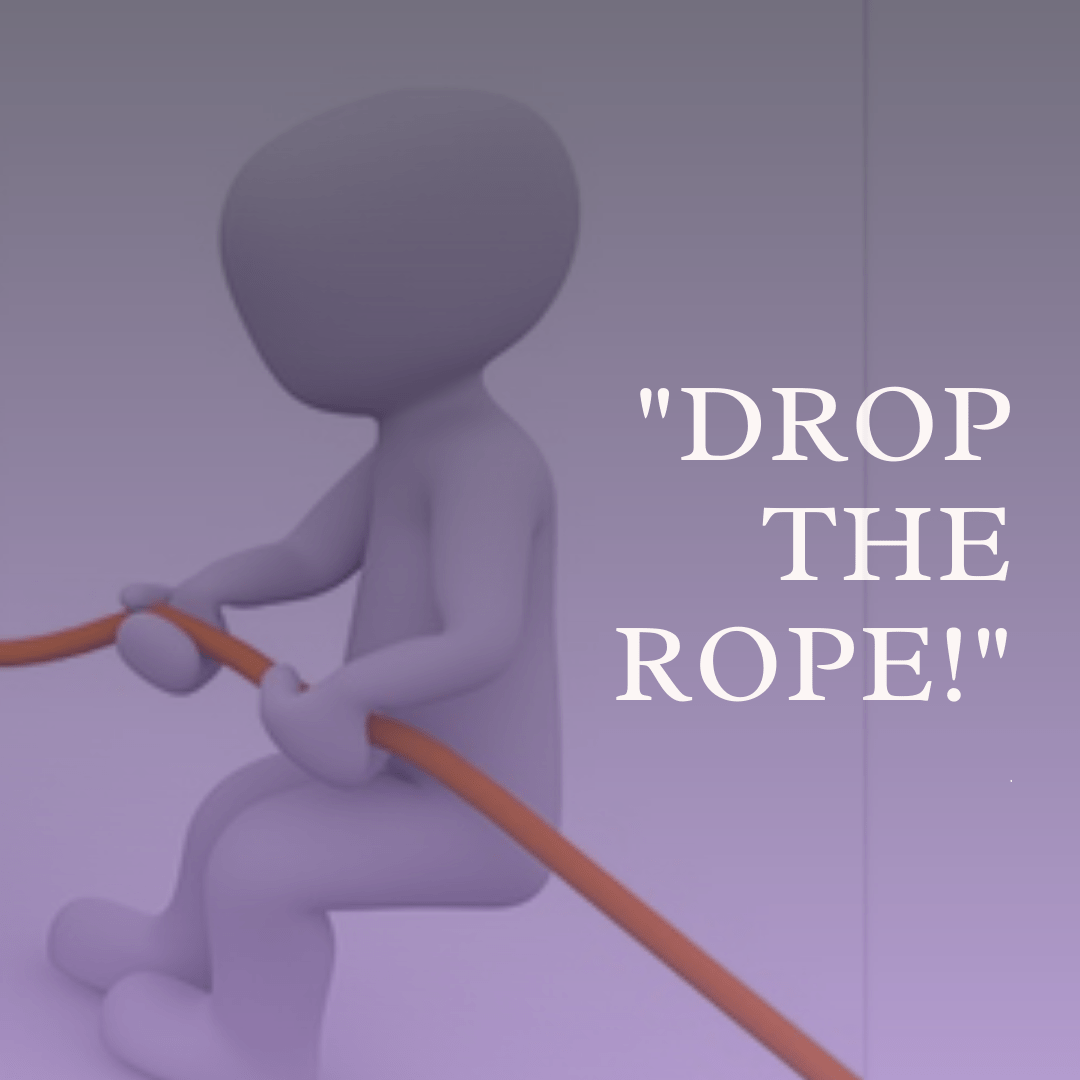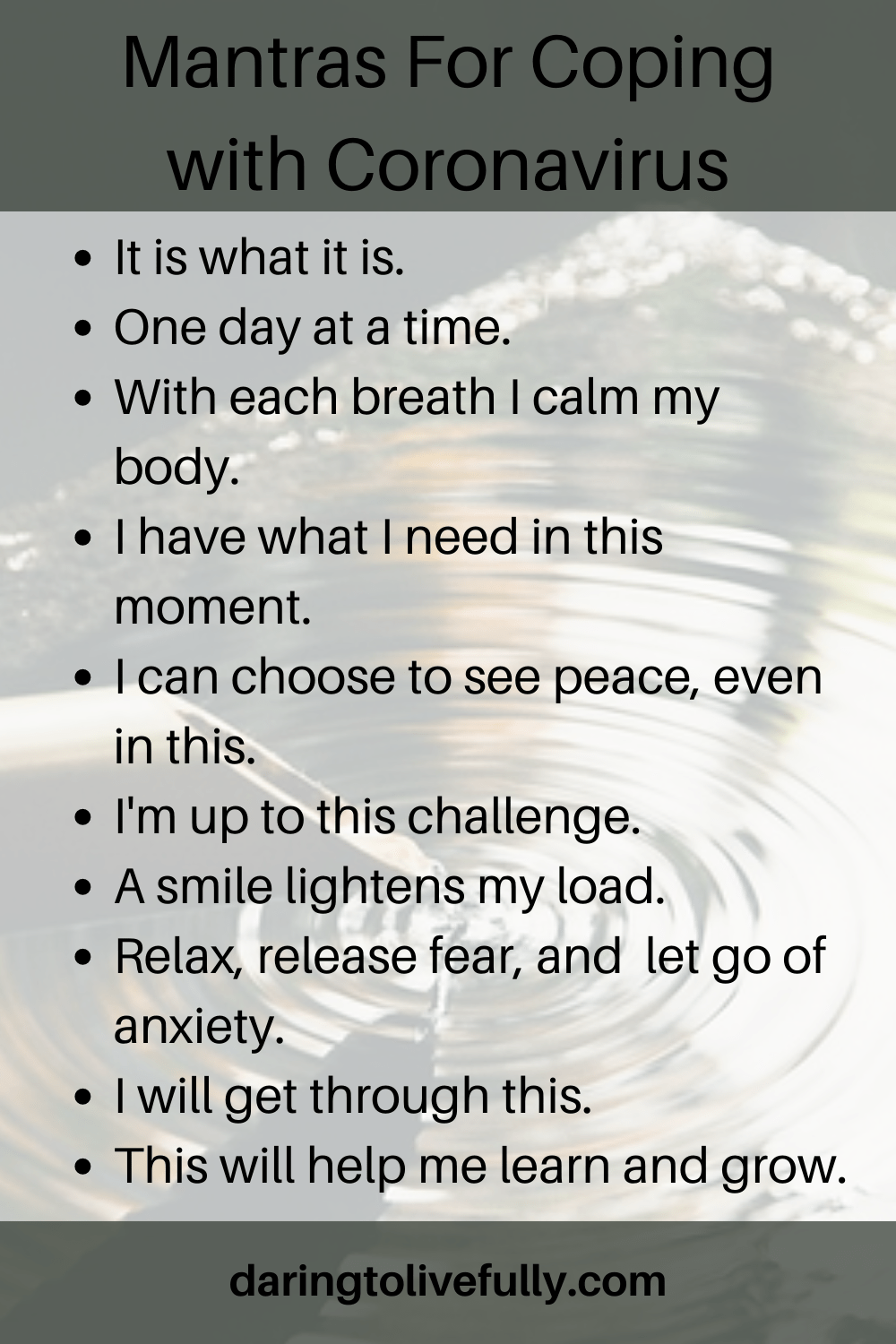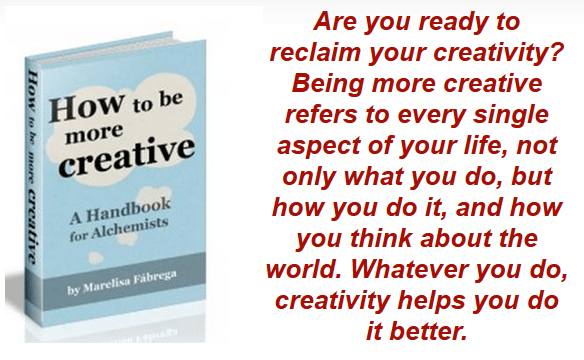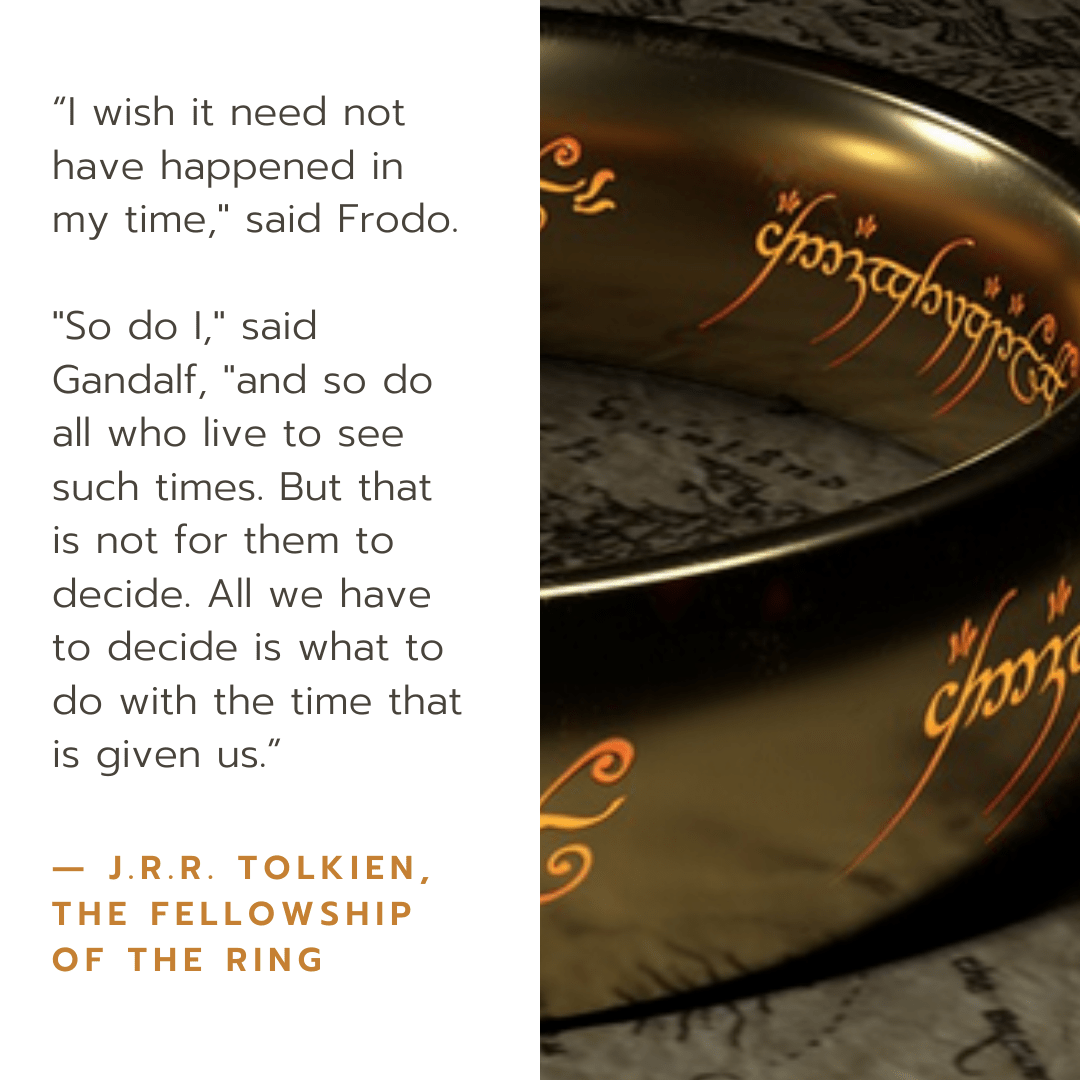
Being able to cope during hard times, such as these, is an invaluable skill.
Life moves in cycles. Sometimes we’re up, and sometimes we’re down. The upcycles are great, but the downcycles can be difficult to deal with.
Unfortunately, due to COVID-19, humanity is currently going through a downcycle. This makes the question, “What’s the best response when life takes a downturn?”, extremely relevant.
Most of us were caught off guard by the coronavirus, and I know that a lot of people are scared and filled with anxiety right now. I wrote this article to share some coping mechanisms with you which I hope will help you get through the current state of affairs.
After all, your life isn’t defined by what happens to you, but by how you respond to it. Here’s a quote that illustrates this point:
“Life is not the way it’s supposed to be, it’s the way it is. The way you cope is what makes the difference.” – Virginia Satir
Below you’ll find some ideas on how to cope when things get tough. Specifically, I’m going to give you some ideas for coping during COVID-19.
Practice Acceptance: The Tug-of-War Metaphor
 I’m going to be completely honest with you. When this pandemic started, and the government of Panama issued a lockdown order, I had a lot of trouble accepting what was happening. It all seemed like a bad dream. This is what I kept saying to myself:
I’m going to be completely honest with you. When this pandemic started, and the government of Panama issued a lockdown order, I had a lot of trouble accepting what was happening. It all seemed like a bad dream. This is what I kept saying to myself:
“This can’t be happening! Everything was fine and, suddenly, we’re in a pandemic! How is that possible? This is the 21st century! Why don’t we have the ability to deal with this without forcing everyone to be imprisoned in their own homes?”
Fortunately, after a couple of weeks of this, I was able to realize that my inability to accept what was happening wasn’t helping me in any way. It was doing quite the opposite: I felt anxious and upset all day long. I decided to find a way to accept the pandemic.
After all, pandemics are nothing new. Humanity has lived through plagues, pestilences, and pandemics throughout history. In the words of the French-Algerian author and philosopher Albert Camus:
“Everybody knows that pestilences have a way of recurring in the world; yet somehow we find it hard to believe in ones that crash down on our heads from a blue sky. There have been as many plagues as wars in history; yet always plagues and wars take people equally by surprise.”
Outbreaks of infectious diseases are part of the human existence, and we’re going though one now. Resisting or fighting against this fact isn’t going to help us in any way. Coping during COVID-19 requires that we accept it.
Practice Acceptance
Acceptance simply means allowing what is to be. It doesn’t mean that you like it or that you approve of it. What it means is that you stop fighting against what is, which is a futile battle.
We have to accept reality for all of the following reasons:
- Refusing to accept reality doesn’t change it.
- There’s a lot of mental pain associated with this pandemic. Most people’s plans have been derailed, and they fear for their health and economic security, as well as that of their loved ones. But struggling against what is only increases the pain we’re going through.
- Once we’ve accepted what is we can begin thinking of how to make things better.
A great way to practice acceptance is to use the tug-of-war metaphor.
The Tug-of-War Metaphor
I’ve already written about Acceptance Commitment Therapy (ACT) on this blog before. Basically, it’s a form of therapy that uses metaphors as a tool to help people understand abstract concepts and be better able to apply these concepts in order to modify their behavior.
I recently came across a great ACT metaphor which has helped me to accept this pandemic. It’s the tug-of war of metaphor.
Imagine that you’re engaged in a tug-of war with a monster. In this case, the monster is the coronavirus. You can even make your monster look like COVID-19: grey and round, with red spiky tufts jutting out in every direction. Ugh!

You’re each holding on to one end of a long rope. Between you and the monster there’s a bottomless pit, and you’re pulling as hard as you can to avoid being pulled into the pit (the pit symbolizes being overwhelmed by the “monster” you’re facing).
But the harder you pull the harder the monster pulls. After a while, you start getting tired of pulling, but you know you must keep going. Soon, you’re exhausted. But the monster hasn’t even broken a sweat.
What makes matters worse is that there are lots of other things you would rather be doing instead of standing there with all of your attention placed on the monster. Part of you knows that this fruitless tug-of-war is a complete waste of time and energy, but you can’t stop pulling because you’ll fall into the pit.
What should you do?
The best thing you can do is to drop the rope. Simply stop struggling with the monster. Acknowledge that it’s there but turn your attention to the other things you would rather be doing–working on your goals, relaxing, and engaging in other tasks that are aligned with your values.
When you drop the rope, the monster won’t disappear. In fact, it will most likely throw the rope at you to try and get you to reengage with it. But you can refuse to take hold of the rope. Regardless of how many times the monster throws the rope at you, you can simply allow the rope to drop to the floor.
Don’t fight with the monster. That is, don’t argue with what is. Every time you find yourself thinking, “Why is this happening?” or “How can this be?”, tell yourself the following: “Drop the rope!” This is a great way to cultivate acceptance of the fact that the COVID monster is now a part of your life and will be for the foreseeable future.

Focus On What You Can Control
Once you’ve accepted what is, you can start taking steps to make things better. You do this by taking your focus off the things that you can’t control and placing it on those things that are within your control.
Right now, there are many things that are not within your control. Here are some of them:
- Maybe you were working on an important project that’s been postponed indefinitely due to the pandemic.
- Your government may be limiting your mobility (for your own safety).
- Perhaps your vacation plans were canceled.
- Someone you care for may have gotten sick.
It doesn’t help you in any way to be constantly fixated on those things that are not within your control. Doing so will only lead to stress, worry, and feelings of helplessness.
Instead, you need to shift your focus to what you can control. Make a list of those things you can control within your little world, even in the time of COVID. Here are some examples:
- You can stay home as much as your situation permits.
- You can wear a mask and practice social distancing whenever you go out to get groceries or take care of other essential tasks.
- You can avoid touching your face, wash your hands often, and use antibacterial gel.
- You can create a routine for yourself so that your day doesn’t feel unfocused and unstructured.
- You can get going on projects that you can work on from home.
I’m going to share with you an exercise that will help you to focus on those things which you can control.
 An Exercise for Focusing on What You Can Control
An Exercise for Focusing on What You Can Control
A while back I wrote on this blog about a teenager named Sam Berns (1996 – 2014). He suffered from progeria, a rare genetic disorder that manifests as aging at a very young age. There were many things other kids his age could do that Sam couldn’t.
However, instead of focusing on all the things that he couldn’t do, Sam would focus on all of those activities that he could do and was passionate about. This included things such as the following:
- Playing music.
- Reading comic books.
- Watching sports.
At the same time, he would look at the list of things that he really wished he could do but couldn’t, and he would look for ways to make adjustments so that he could do them. One example was playing the snare drums in his high school’s marching band.
The snare drums and the harness needed to carry the drums were just too heavy for Sam’s frail body. But he really wanted to march with the band. So, Sam and his parents hired an engineer to work on the problem.
The engineer came up with a snare drum apparatus—which included the drum and the drum carrier—which weighed only about six pounds. With this adjustment, Sam was able to achieve his dream of marching with the band.
The simple exercise for focusing on what you can control that can be derived from Sam’s philosophy is the following:
- First, focus on the things you can do, instead of thinking of the things that you can’t do.
- Second, take a look at the list of things you can’t do–and wish you could–, and choose one of them. Then, start looking for creative ways to make adjustments, find an alternative way of doing things, or modify the goal slightly so that you can do it.
Using Me As An Example
Here are three things I love to do that I can still do (even under lockdown):
- Read great literature. This quarantine I’ve read, “The Plague”, by Camus and am going to read, “A Journal of the Plague Year”, by Daniel Defoe next.
- Learn new skills. I’m learning to sing.
- Listen to music.
And here are three things I can’t do, but if I make adjustments, I can get some or all of the benefits of the activity:
- I can’t go out and jog—Panama has a very strict quarantine—but I can do cardio by jumping rope in my living room.
- I can’t visit my sister and my nephews, but I can visit them virtually via Zoom.
- I can’t go to the gym to lift weights, but I can follow a routine that I created for myself using a couple of dumbbells and a kettlebell that I own.
Go ahead and make your own list of things that you love to do and still can, despite COVID. Then, think of those things you’d love to be able to do, but can’t, and look for ways to do them with some adjustments.
Practice Self-Care for Coping During COVID-19
Practicing self-care is always important, but it becomes even more so during difficult times. To keep up your strength during these trying times, you have to look after your own wellbeing. That means eating healthy meals, getting enough sleep, and staying hydrated.
In addition to the coping strategies that I described above, there are many self-care strategies that will help you to deal with all of the new challenges we are now facing due to COVID. Here are some of the ones that I recommend:
- Follow a morning routine that includes a stress-reduction technique to help set you up for the day. I do something called the Five Tibetan Rites—which is similar to a 10-minute yoga routine—and I meditate for 10 minutes every morning.
- I’ve added “breathe” to my schedule. I’ve divided up my day into several 25-minute chunks, and after each chunk I give myself 5-minutes to be mindful and breathe deeply.
- I do some stretches and bodyweight exercises 6 days a week, and I jump rope for 10 minutes daily. (If you haven’t tried jumping rope, try it. I’m enjoying it tremendously. Plus, it’ll make you feel like a kid again.)
- Give yourself a little treat every day. I allow myself to have two chocolate chip cookies with breakfast every morning during quarantine. It’s a little reminder that there’s still some good in the world. 😊
- Make sure you schedule something fun each day. I hadn’t watched the Marvel Universe movies, and I decided to do so during quarantine. Every night before bed I spend some time with Iron Man, Black Widow, Captain America, and the other Avengers. It’s a fun and relaxing way to end the day.
In addition, for those times throughout the day when I start to feel sad, anxious, or overwhelmed, I recite a mantra. Here are some I like:
- “It is what it is.”
- “One day at a time.”
- “With each breath I calm my body.”
- “I have what I need in this moment.”

Create a coronavirus self-care routine for yourself, and you’ll have an easier time coping during COVID-19.
Practice Realistic Optimism
Coping during COVID-19 requires realistic optimism. You don’t want to have a Pollyanna attitude toward the coronavirus, but you don’t want to have a defeatist attitude either.
Whenever I go on Twitter, I see at least a couple of Chicken Little tweets. There’s one Panamanian reporter in particular who has become a harbinger of doom. Every time I read one of his tweets it’s about the difficult times that are up ahead for this country, and how ill-prepared we are to face them.
I responded to one of his tweets saying that what we need right now is realistic optimism. We shouldn’t pretend that everything is fine, because it isn’t. But it’s also unhelpful to run around proclaiming that the sky is falling.
Right now, we should each calmly assess what we need to do to put ourselves in the best possible position for facing the challenges that lie ahead. Here are two things not to say to yourself:
- Overly Optimistic: “Everything is perfectly fine. There’s nothing I need to do. I’m sure everything will work out for the best.”
- Overly Negative: “I’m going to lose everything and end up living on the street.”
And here’s what realistic optimism looks like:
- Realistic Optimism: “If I take a realistic look at what is happening and will likely happen in the foreseeable future, and I prepare for that reality, my family and I will be fine.”
In addition, ask yourself realistic questions like the following:
- “What steps do I need to take to be able to face the challenges that lie ahead?”
- “What’s the best thing I can do under these circumstances?”
- “What changes do I need to make to my lifestyle to stay safe?”
- “What do I need to do in order to be ready for the post-COVID job market?”
- “What problems do I foresee will occur as a result of the virus lockdown, and what are my options for solving those problems?”
The best attitude for coping with COVID-19 is realistic optimism. Believe that in the end things will work out for the best if you take the necessary steps to make it so.
Play the Hand You’ve Been Dealt
At the very top of this post I wrote about the ACT metaphor of tug-of-war. Another ACT metaphor that’s useful during coronavirus times is the “Play the hand you’re dealt” metaphor. We’ve all been dealt a bad hand with this pandemic. And we have two choices:
- We can fold; or
- We can play the hand we’re holding to the very best of our abilities.
I choose the second option. How about you?
And This, Too, Shall Pass
I mentioned above that I’m reading Camus’ “The Plague”. It’s set in the town of Oran in Algeria, during a fictitious plague in the 1940s. The novel eerily mirrors what we’re going through during the COVID-19 pandemic. But the book ends on an optimistic note: the plague ends.
At present, this pandemic feels. to many, like it’s going to go on forever. But it won’t. All the pandemics that society has lived through have come to an end, sooner or later. This pandemic, too, will come to an end. It, too, shall pass.
Conclusion
I’m a big Lord of the Rings fan, and here’s a quote from the trilogy that refers to coping with difficult times:
How are you coping with COVID-19? Live your best life by learning to cope well with adversity.





Related Posts:
- 10 Things to Do When Life Throws You a Curveball
- Dealing With Life’s Challenges – Life Is Like a Game of Chutes and Ladders
- 14 Ways to Be More Resilient So You Can Bounce Back From Adversity
- Five Navy Seal Mind-Tricks That Will Make You Mentally Tough





 Marelisa Fabrega is a lawyer and entrepreneur. She holds a Bachelor of Science in Business Administration from Georgetown University in Washington, D.C., as well as a Juris Doctor from the Georgetown University Law Center. You can learn more about her
Marelisa Fabrega is a lawyer and entrepreneur. She holds a Bachelor of Science in Business Administration from Georgetown University in Washington, D.C., as well as a Juris Doctor from the Georgetown University Law Center. You can learn more about her 





